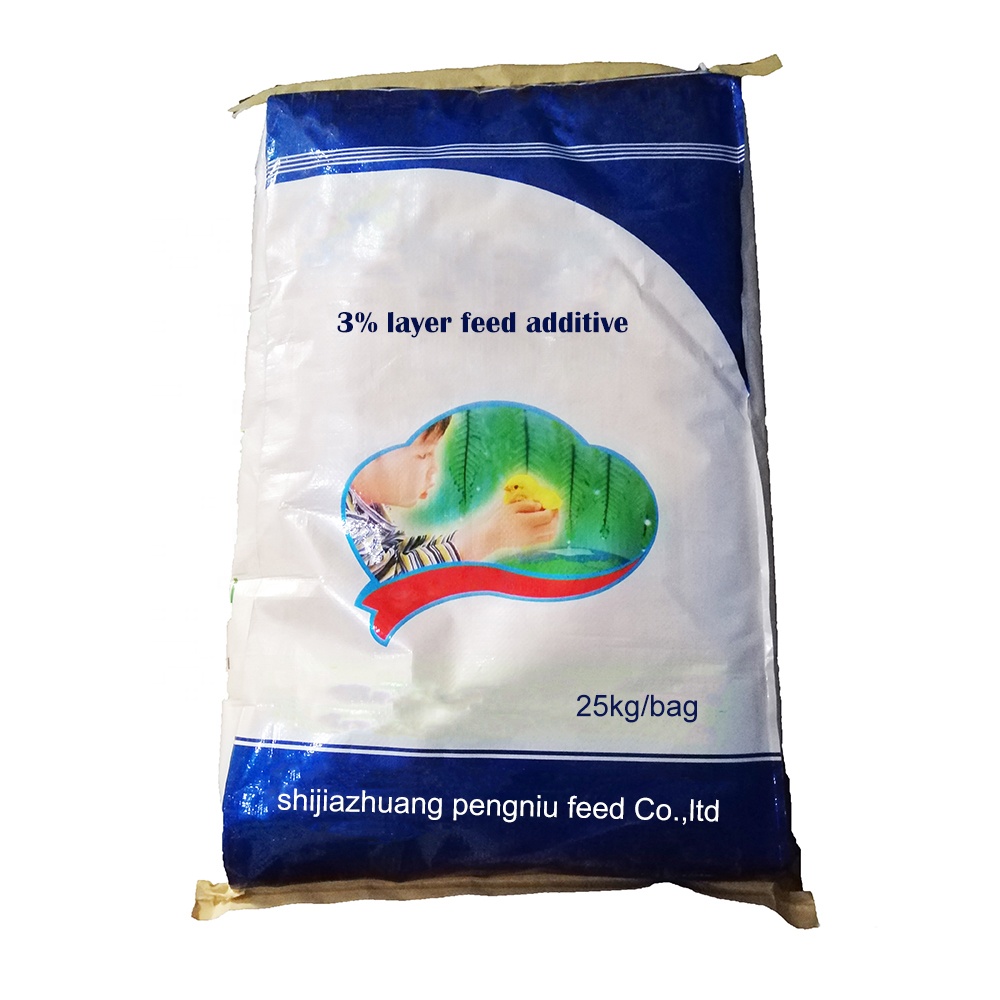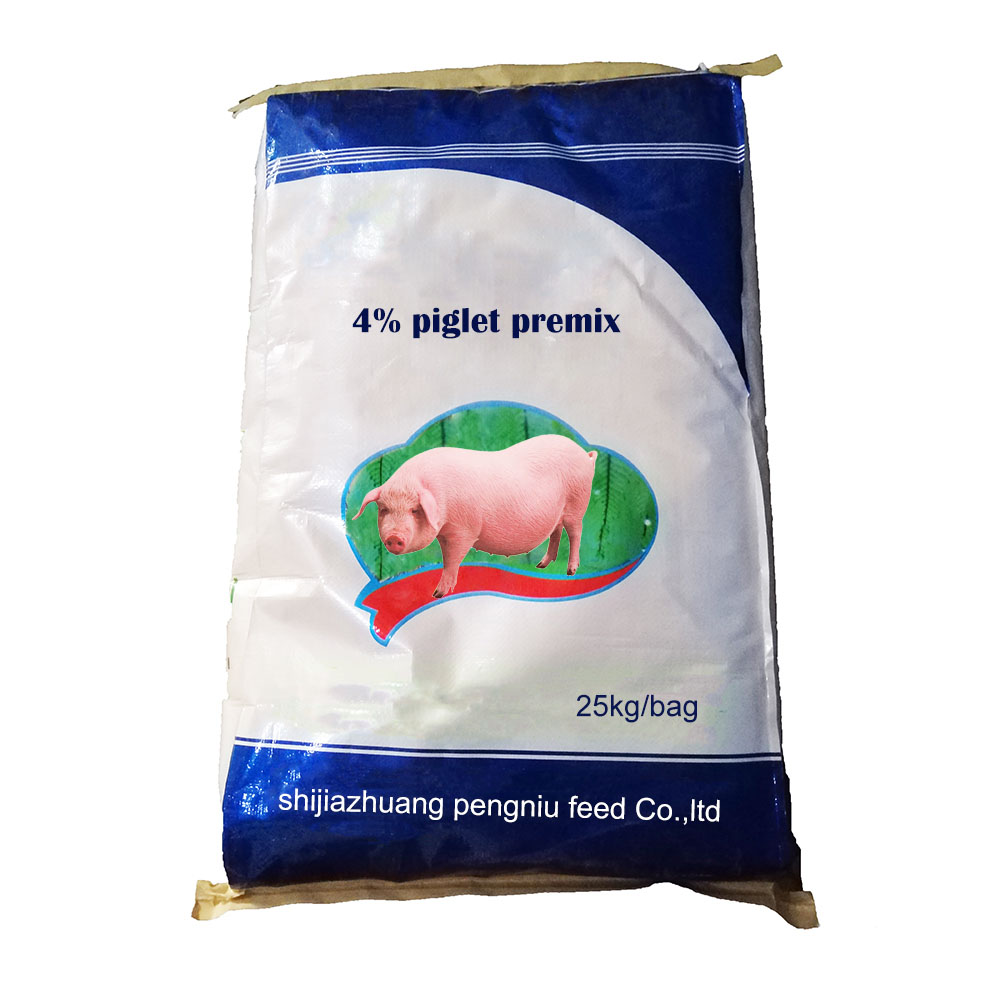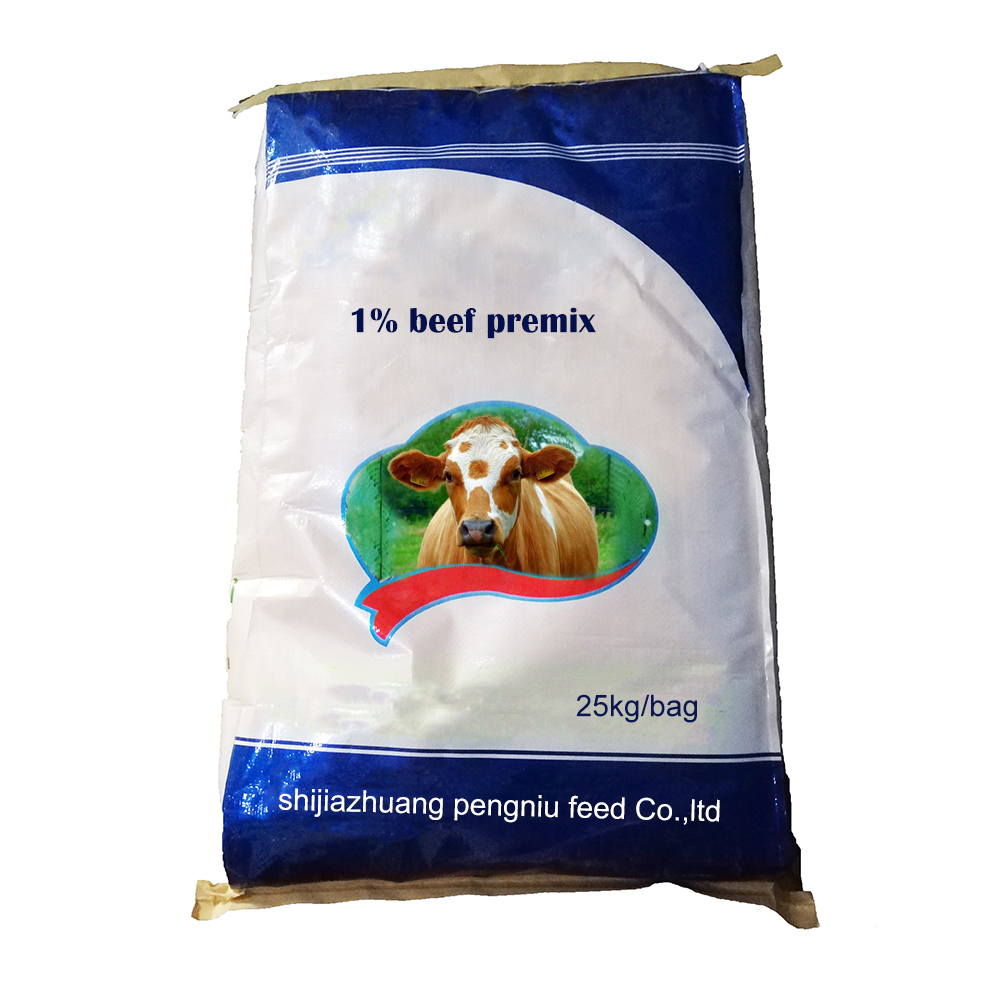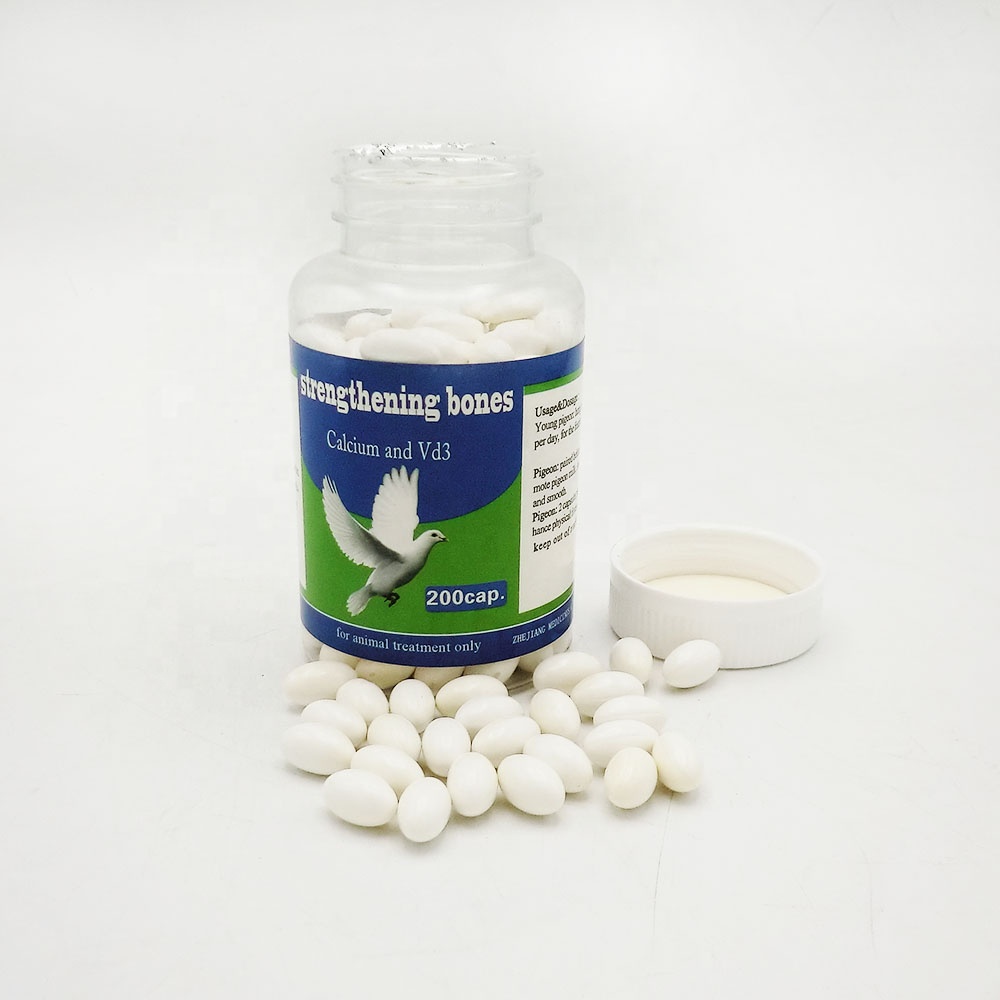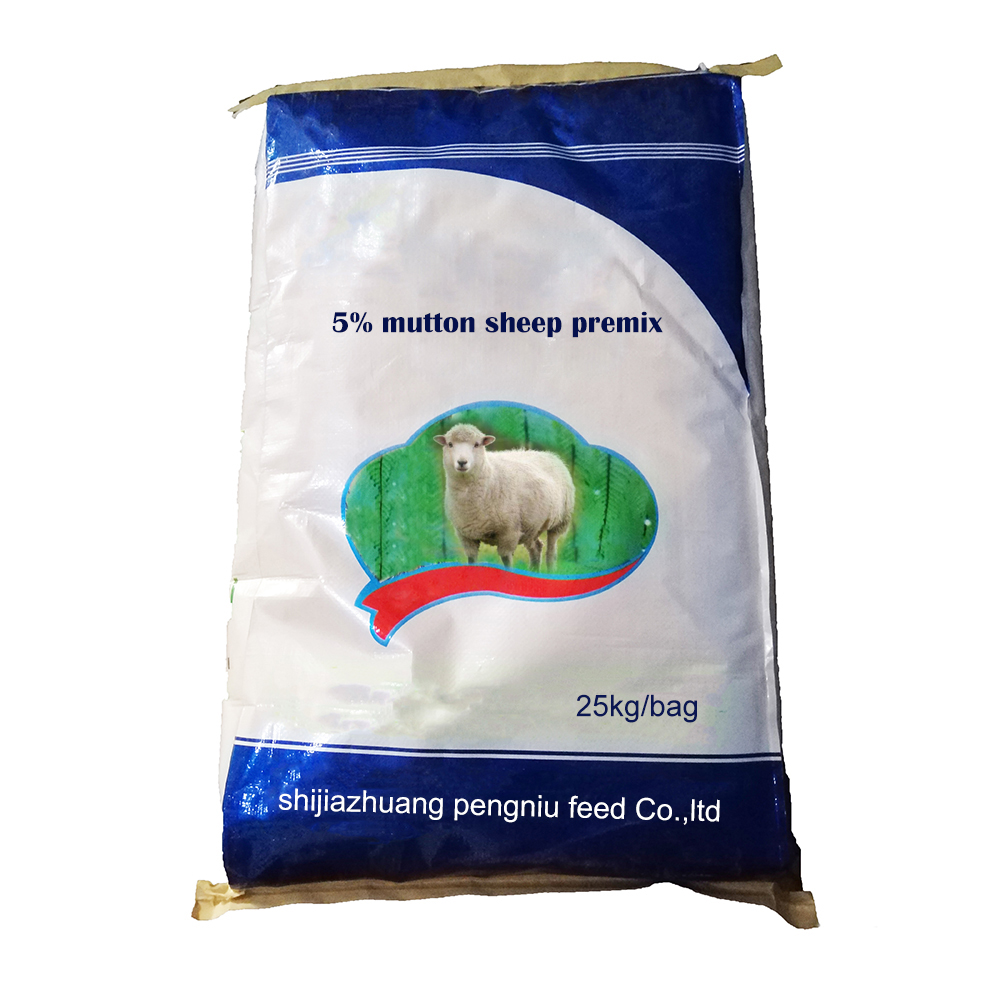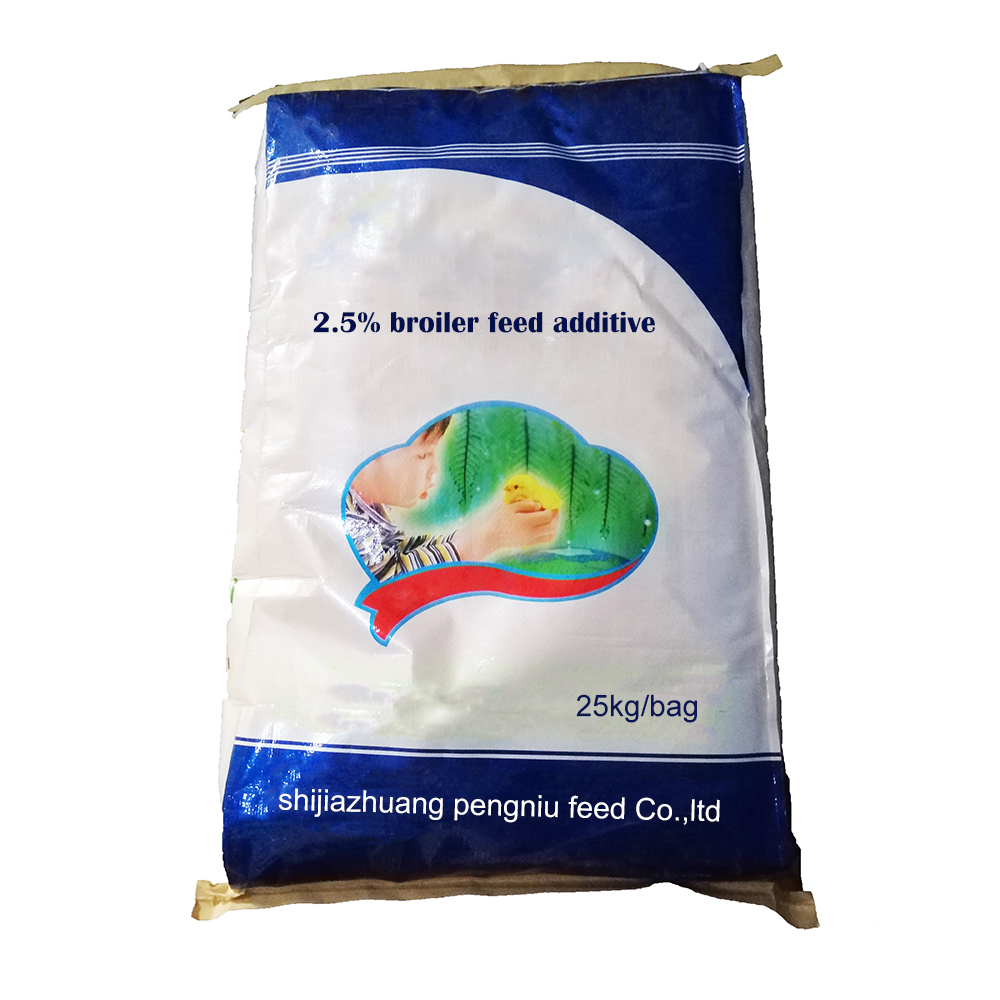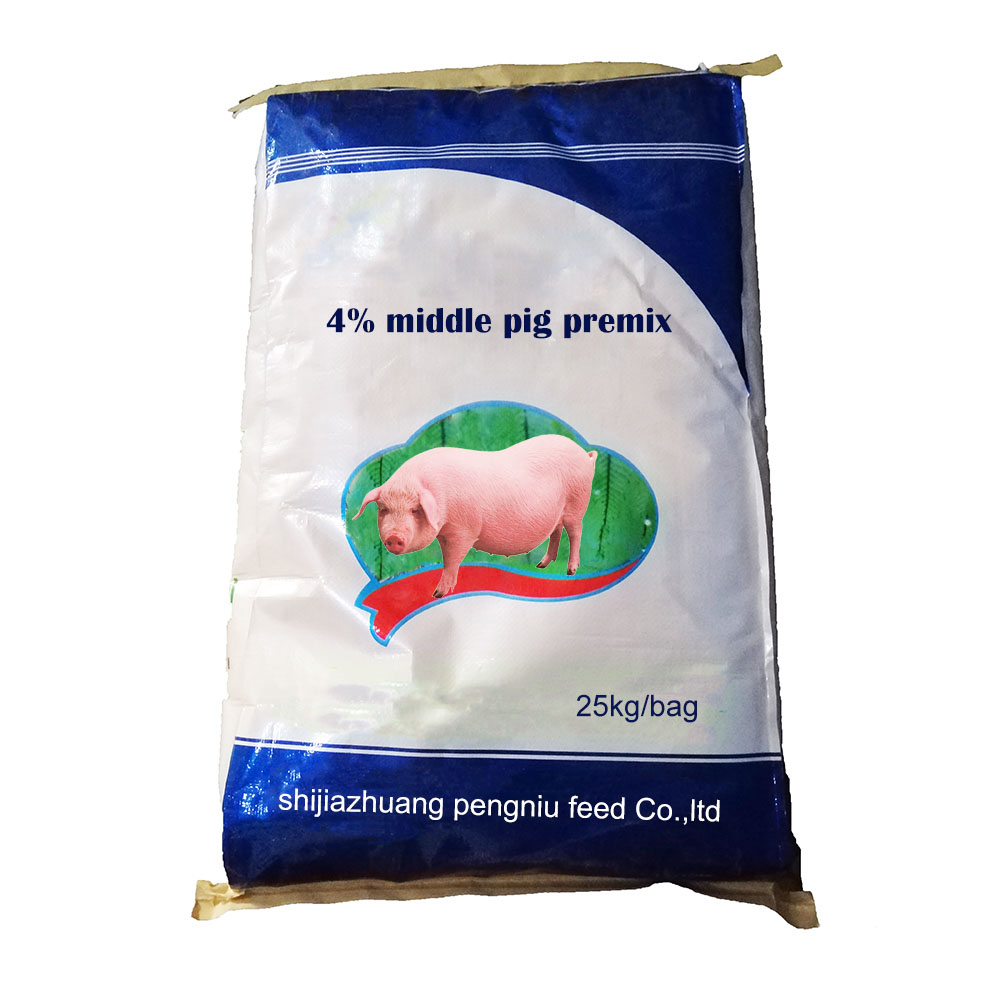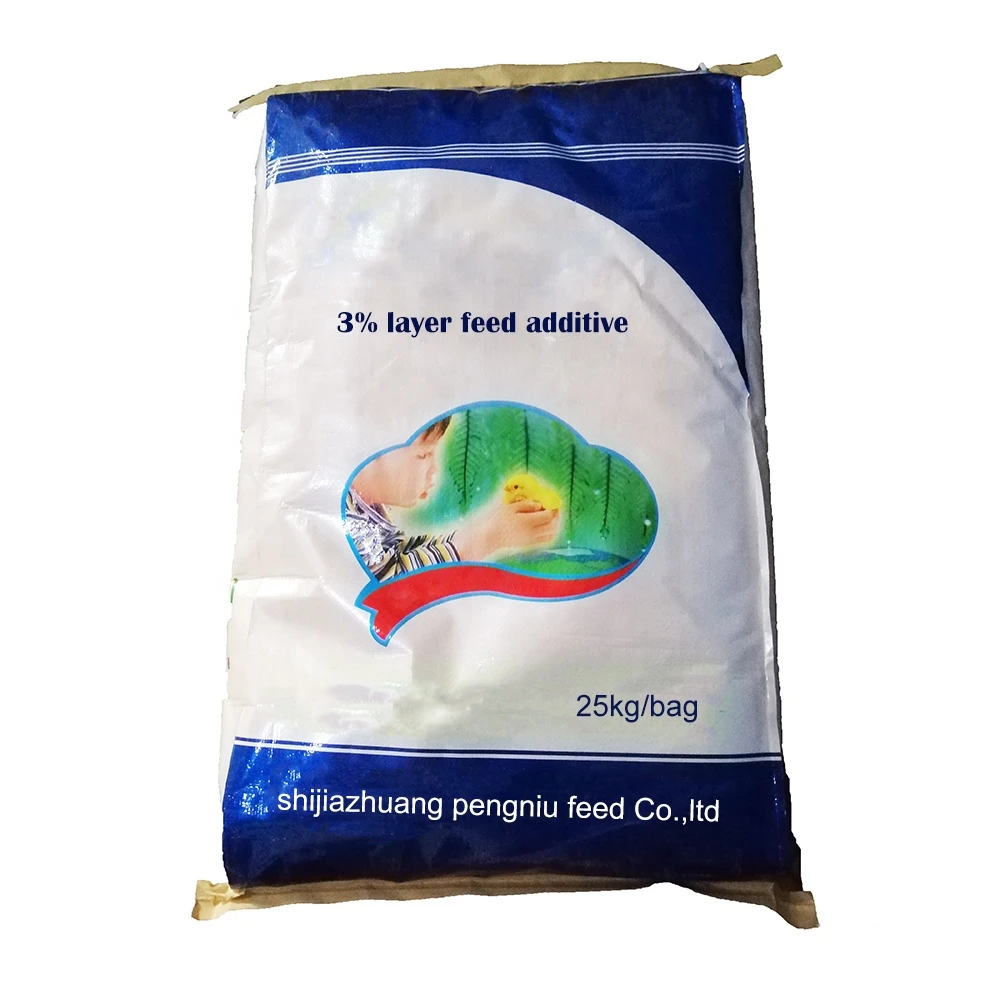The animal nutrition industry is undergoing a profound transformation, driven by scientific advancements and increasing demands for sustainable farming practices. At the heart of this revolution are animal concentrates, animal feed additives, and animal premix formulations that are redefining how we approach livestock health and productivity. Among these innovations, probiotics have emerged as one of the most promising breakthroughs, offering a natural way to enhance gut health, improve feed conversion rates, and reduce dependence on antibiotics.
As a company deeply invested in the research, development, and production of high-quality animal premix, herbal feed supplements, and animal health solutions, we understand the critical role that probiotics play in modern animal husbandry. Our expertise in formulating scientifically backed animal feed additives allows us to deliver solutions that not only optimize animal performance but also align with global trends toward antibiotic-free and environmentally responsible farming. This article delves into the science, benefits, and future potential of probiotic-based animal feed additives, highlighting how they are shaping the next generation of animal nutrition.
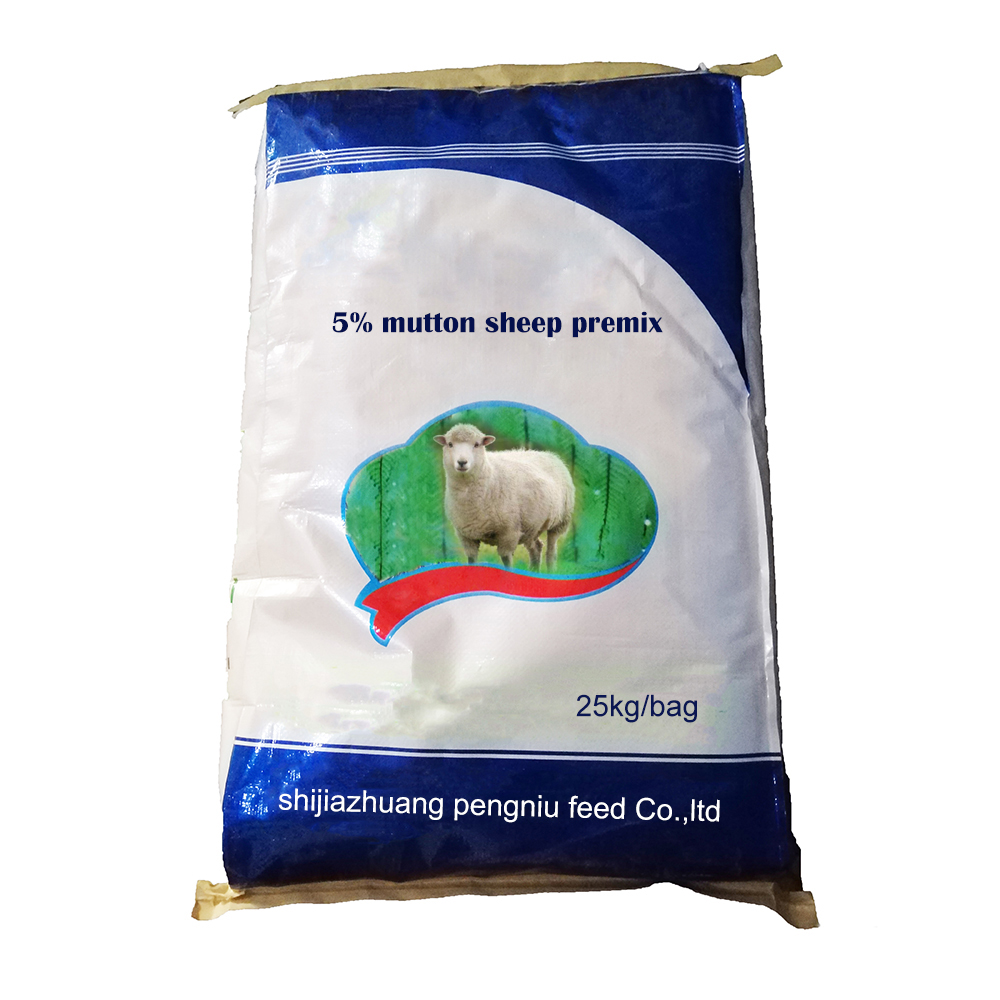
The Science Behind Probiotics in Animal Feed Additives -H2
Probiotics are live microorganisms that, when administered in adequate amounts, confer significant health benefits to animals. Their mechanism of action in animal feed additives is multifaceted, targeting gut microbiota balance, digestive efficiency, and immune function.
- Microbial Balance: The gastrointestinal tract of animals is home to trillions of microorganisms, both beneficial and harmful. Probiotics introduce strains of beneficial bacteria, such as Lactobacillus and Bifidobacterium, which competitively exclude pathogenic organisms like E. coli and Salmonella. This microbial equilibrium is crucial for preventing enteric diseases and maintaining overall gut health.
- Nutrient Absorption: One of the most significant advantages of probiotics in animal concentratesis their ability to enhance nutrient bioavailability. These microorganisms produce enzymes that break down complex carbohydrates, proteins, and fats, making them more digestible. This leads to improved feed efficiency, meaning animals derive more nutritional value from each gram of feed consumed.
- Immune Modulation: A healthy gut is intrinsically linked to a robust immune system. Probiotics stimulate the production of antibodies and enhance the activity of immune cells in the gut-associated lymphoid tissue (GALT). This not only reduces the incidence of infections but also minimizes the need for antibiotics in animal premixformulations, addressing growing concerns about antimicrobial resistance.
Benefits of Probiotic-Enhanced Animal Premix -H2
The integration of probiotics into animal premix offers a wide array of benefits that translate into tangible improvements in livestock production. These advantages align perfectly with our mission to deliver innovative, research-backed nutrition solutions.
- Improved Growth Performance: Numerous studies have demonstrated that probiotic supplementation in animal feed additivesleads to enhanced growth rates in poultry, swine, and ruminants. By optimizing gut health, probiotics ensure that animals can extract maximum nutritional value from animal concentrates, resulting in better weight gain and feed conversion ratios.
- Disease Prevention: Digestive disorders and infections are among the leading causes of economic losses in livestock farming. Probiotics play a preventive role by maintaining a healthy gut microbiome, thereby reducing the prevalence of conditions like diarrhea, necrotic enteritis, and respiratory infections. This translates into lower veterinary costs and improved herd or flock survival rates.
- Sustainability and Antibiotic Reduction: With increasing regulatory restrictions on antibiotic use in animal feed, probiotics offer a viable alternative. They support animal health without contributing to the global issue of antibiotic resistance, making them a cornerstone of sustainable farming practices. Additionally, by improving feed efficiency, probiotics help reduce the environmental footprint of livestock production.
Key Probiotic Strains Used in Animal Feed Additives -H2
Not all probiotics are created equal. The efficacy of animal feed additives depends heavily on selecting the right strains for specific animal species and production goals.
- Lactobacillus: This genus is one of the most widely used probiotics in animal premix. Strains like L. acidophilus and L. plantarum are particularly effective in poultry and swine, where they enhance gut barrier function and inhibit pathogenic bacteria.
- Bifidobacterium: Known for its role in immune system development, Bifidobacterium is especially beneficial for young animals, such as piglets and calves, which are vulnerable to digestive disturbances.
- Saccharomyces cerevisiae: This yeast-based probiotic is highly effective in ruminants, where it improves fiber digestion and stabilizes rumen pH, leading to better feed efficiency and milk production in dairy cows.
Integrating Probiotics with Traditional Animal Premix -H2
The successful incorporation of probiotics into animal premix requires careful consideration of several factors to ensure stability and efficacy.
- Compatibility Testing:Probiotics must be tested for compatibility with other ingredients in animal feed additives, such as vitamins, minerals, and herbal extracts. Some compounds can inhibit probiotic viability, necessitating specialized formulations.
- Dosage Optimization: The effective dose of probiotics varies by animal species, age, and health status. Our research team conducts rigorous trials to determine the optimal inclusion rates for different production scenarios.
- Delivery Systems:Probiotics are sensitive to heat, moisture, and gastric acids. Advanced technologies like microencapsulation protect these microorganisms during feed processing, storage, and passage through the digestive tract, ensuring they reach the gut alive and active.
Future Trends in Probiotic Animal Feed Additives -H2
The future of animal feed additives is poised for exciting developments, with probiotics at the forefront of innovation.
- Next-Gen Synbiotics:Combining probiotics with prebiotics (non-digestible fibers that feed beneficial bacteria) creates a synergistic effect known as synbiotics. This approach maximizes gut health benefits and is gaining traction in animal premix
- CRISPR-Enhanced Strains: Genetic editing technologies like CRISPR are being explored to develop probiotic strains with enhanced functionalities, such as improved pathogen resistance or increased enzyme production for better nutrient breakdown in animal concentrates.
- Personalized Nutrition:Advances in data analytics and microbiome research are paving the way for customized probiotic blends tailored to the specific needs of individual farms or animal genetic lines.
FAQs About Probiotics in Animal Feed Additives -H2
What are the main benefits of probiotics in animal feed additives? -H3
Probiotics enhance gut health, improve nutrient absorption from animal concentrates, reduce disease incidence, and support sustainable, antibiotic-free farming practices.
How do probiotics interact with animal premix ingredients? -H3
Probiotics must be carefully formulated to coexist with other animal premix components, such as vitamins and minerals, without losing viability. Compatibility testing ensures stability and efficacy.
Are probiotics safe for all livestock species? -H3
Yes, when selected and dosed appropriately, probiotics are safe and beneficial for poultry, swine, cattle, and aquaculture species.
Can probiotics replace antibiotics in animal feed additives? -H3
While probiotics significantly reduce the need for antibiotics, they are part of a holistic health management strategy that includes proper nutrition, hygiene, and biosecurity measures.
How does your company ensure probiotic stability in animal premix? -H3
We employ advanced microencapsulation techniques and rigorous quality control protocols to protect probiotics during processing and storage, ensuring they remain viable and effective in our animal premix products.
Probiotics represent a paradigm shift in animal feed additives, offering a natural, sustainable solution to enhance livestock health and productivity. As a leader in animal premix iyo herbal feed supplements, we are committed to advancing probiotic technology through continuous research and innovation. By integrating these powerful microorganisms into animal concentrates, we are not only improving animal welfare and farm profitability but also contributing to a more sustainable future for global agriculture. The potential of probiotics is vast, and their role in animal nutrition will only continue to grow as science uncovers new applications and benefits.
Post time: August 22, 2025

